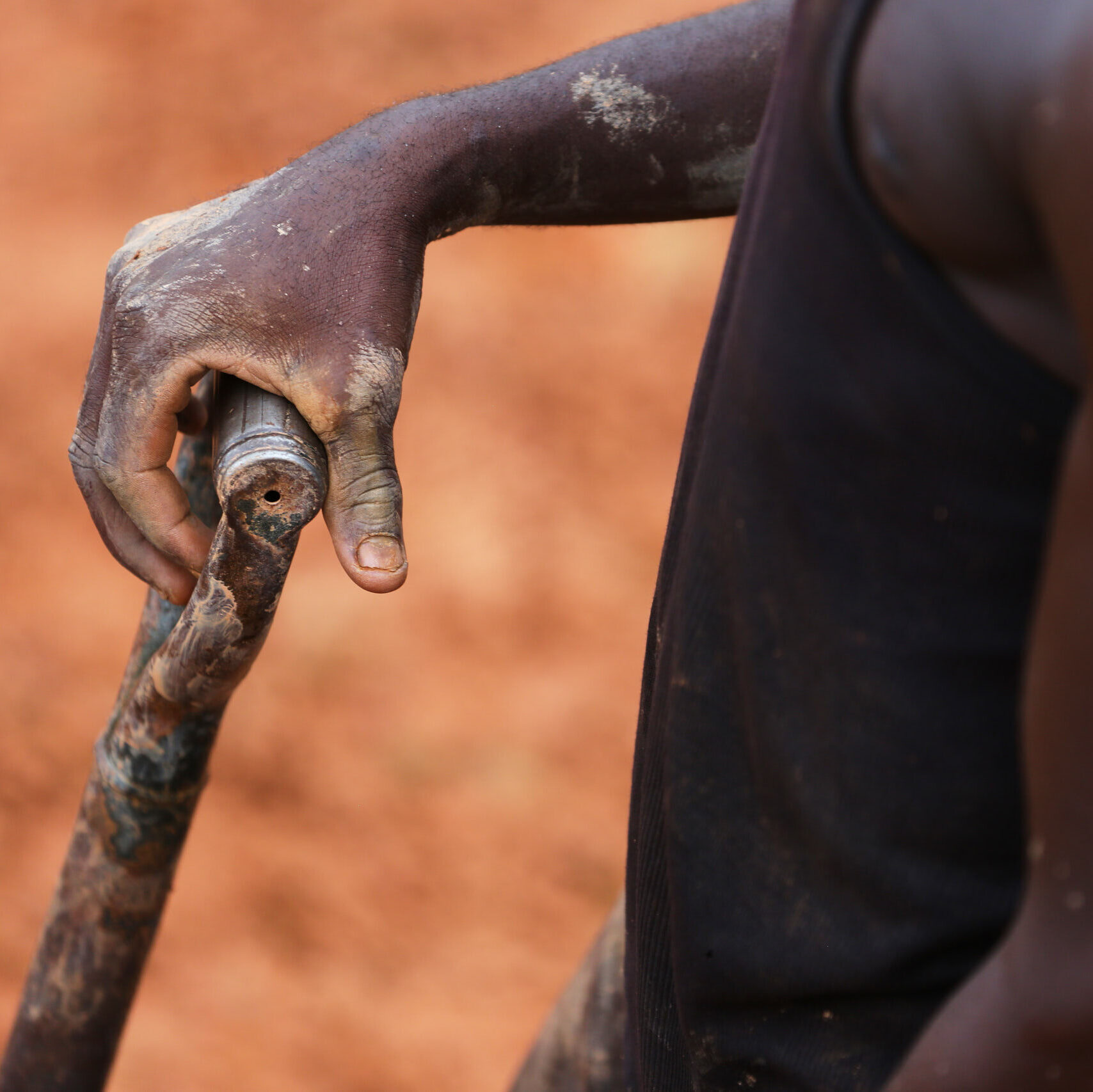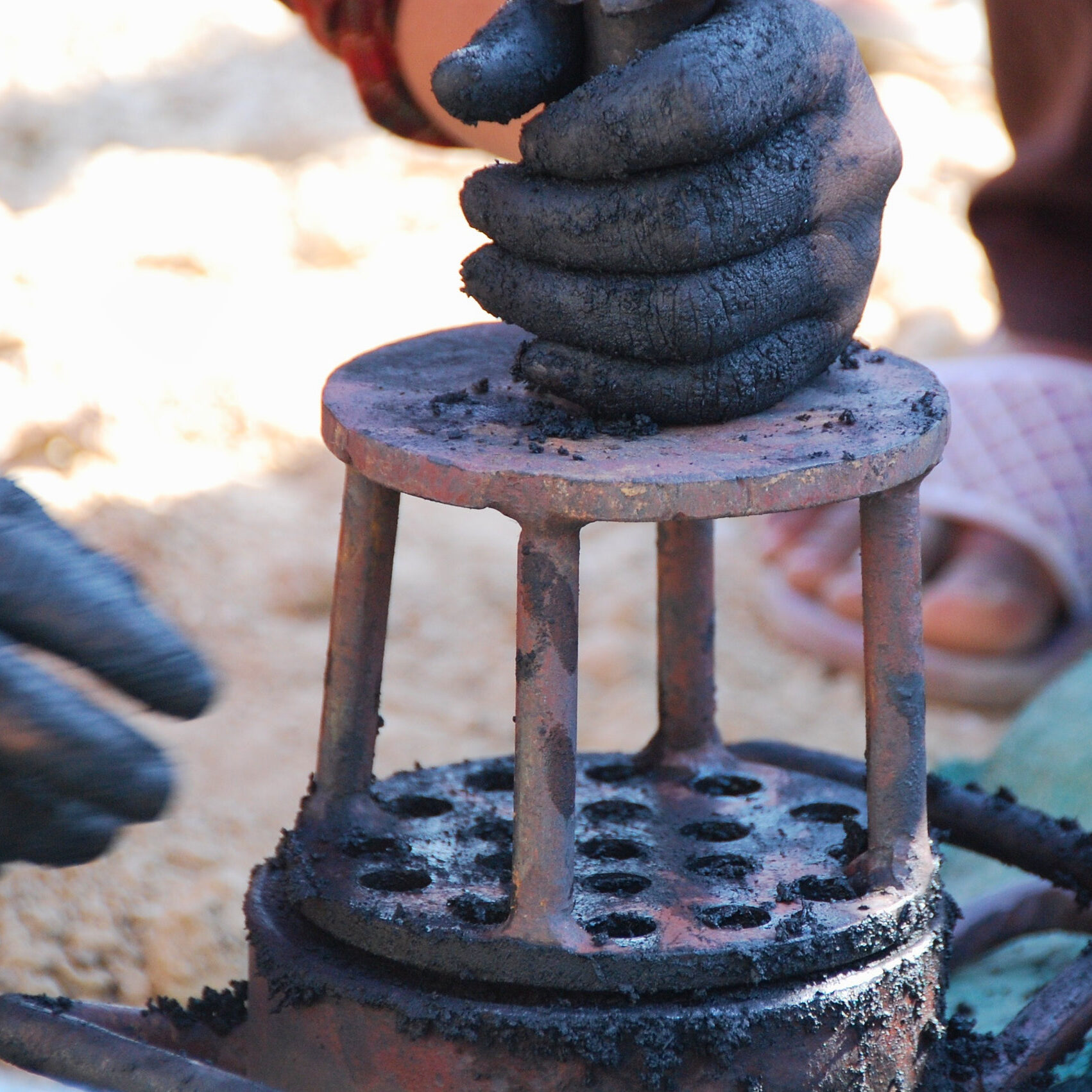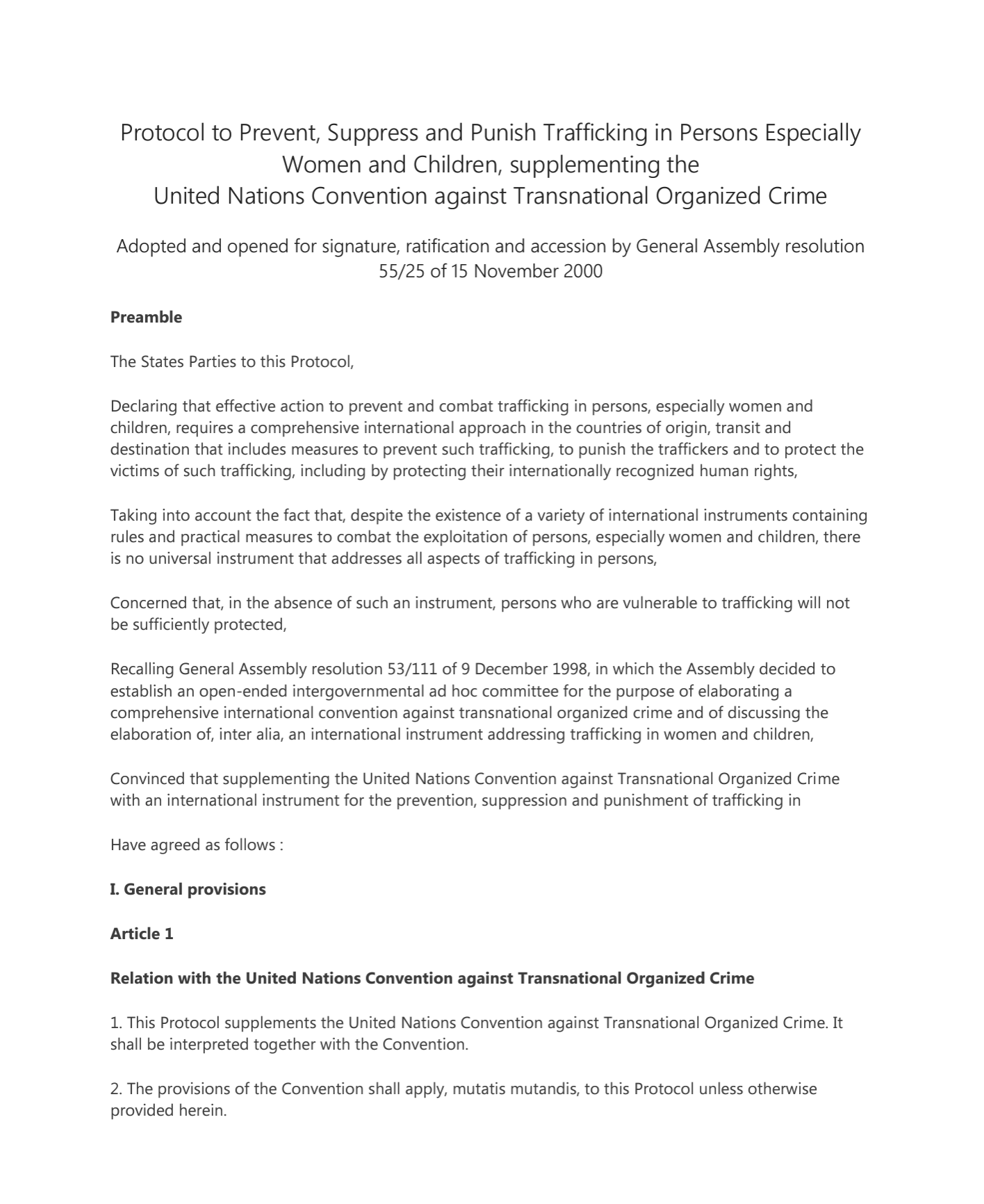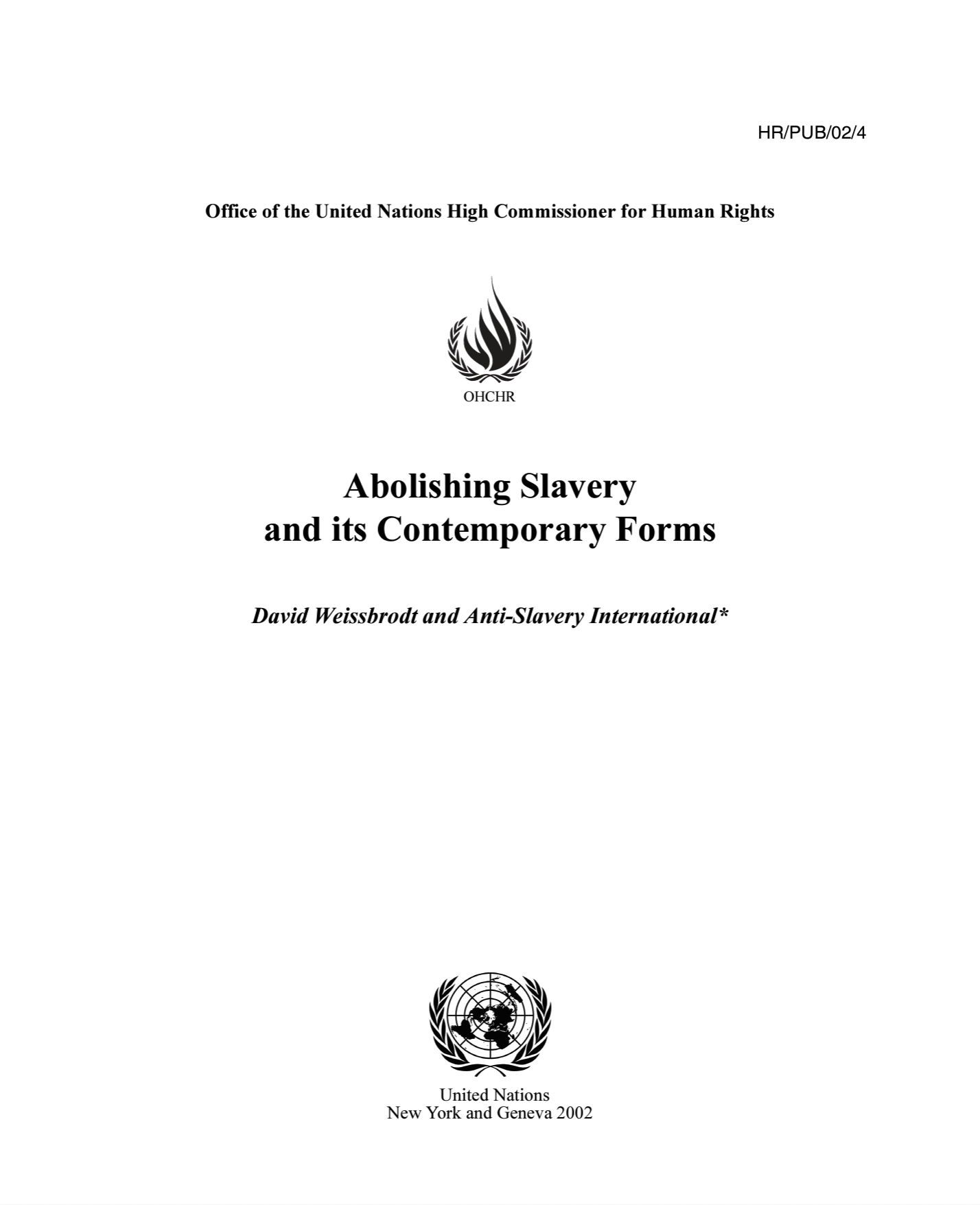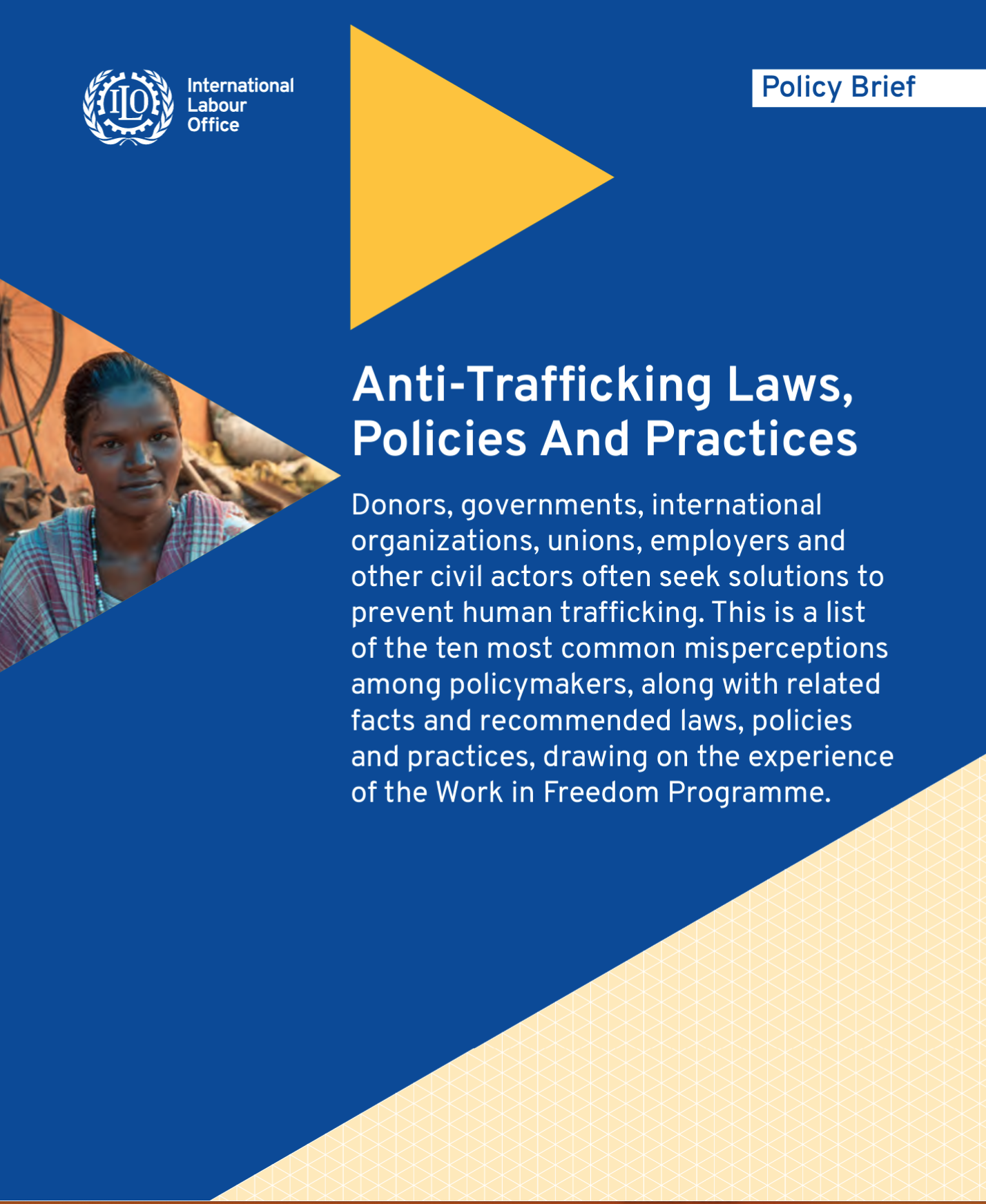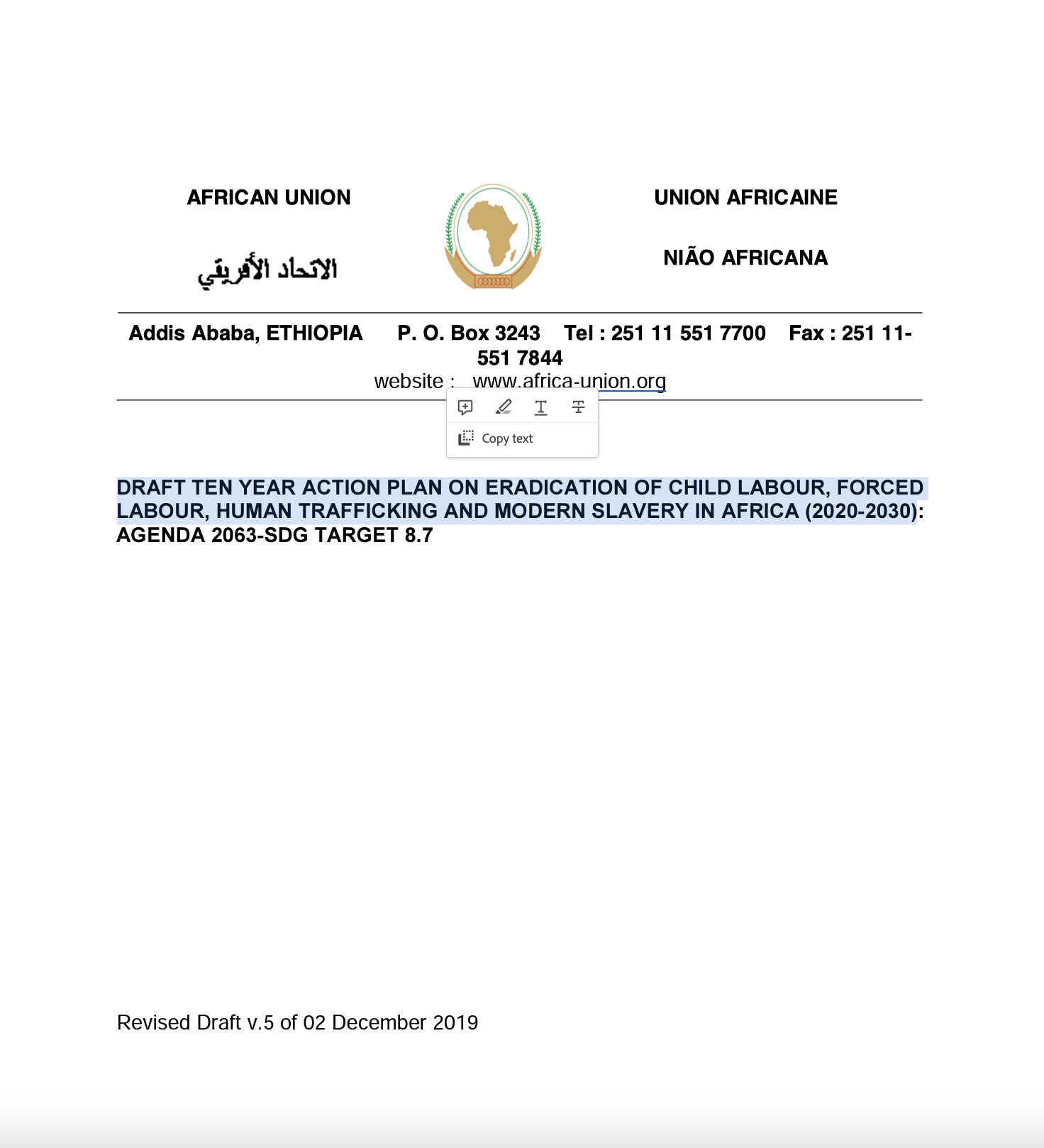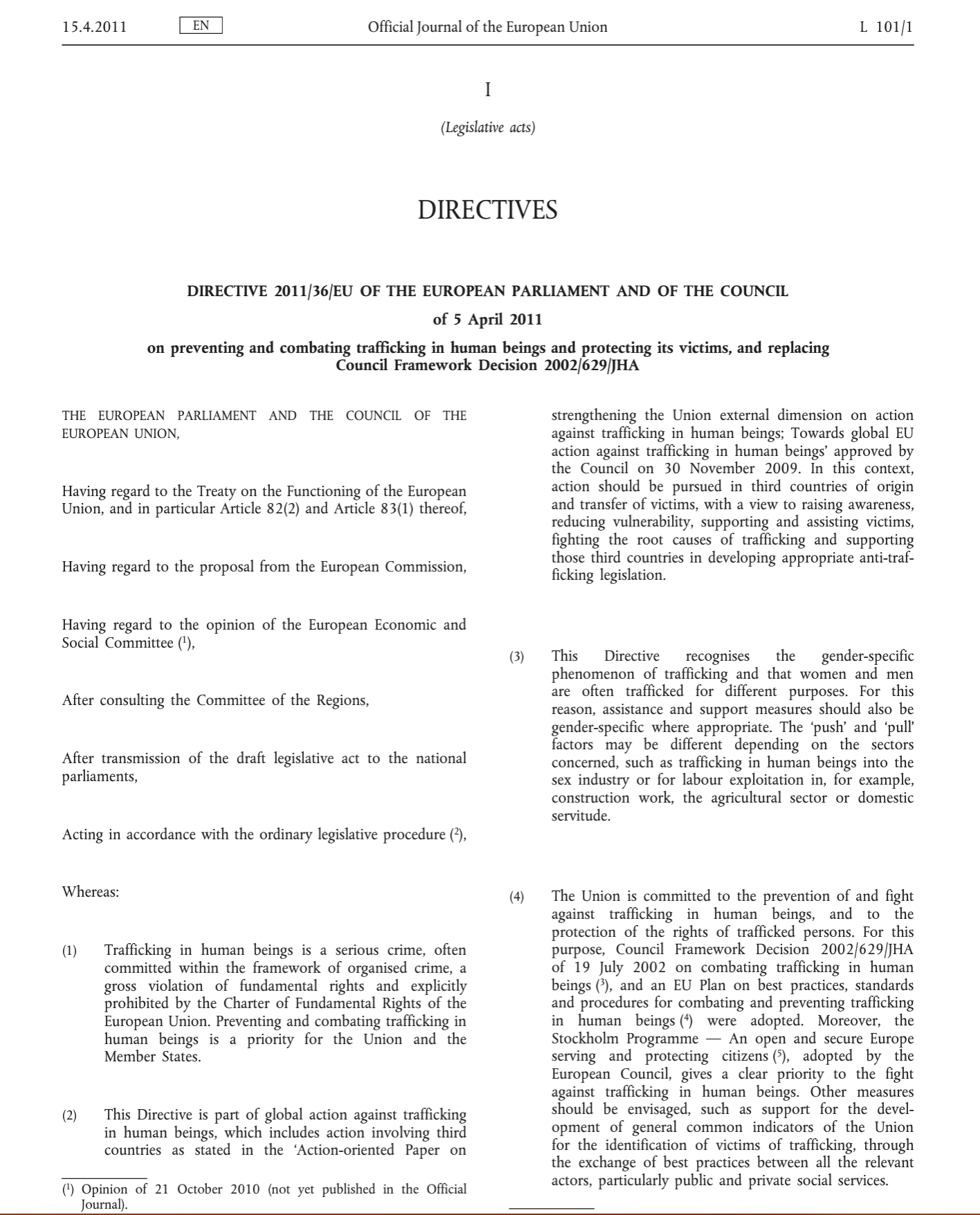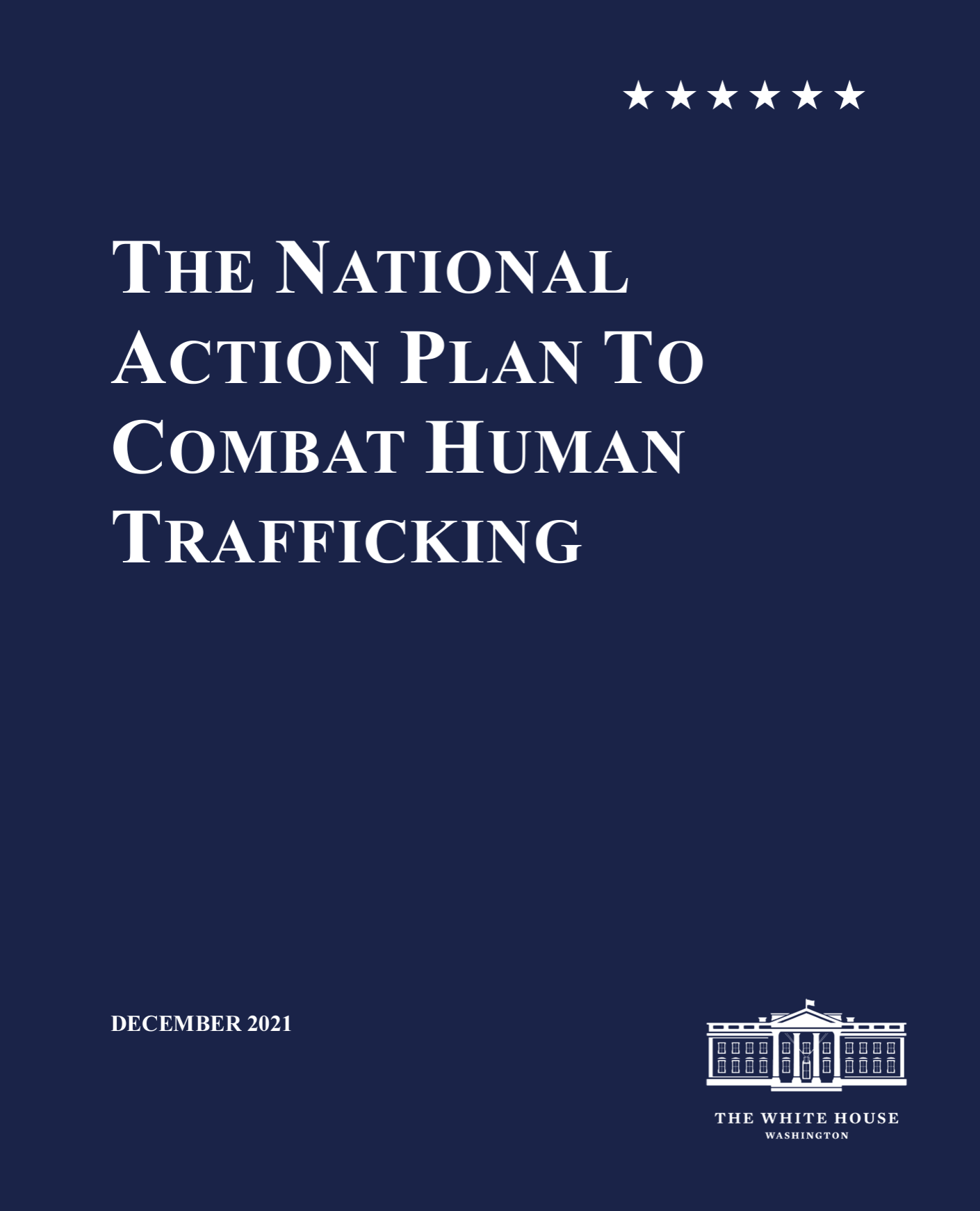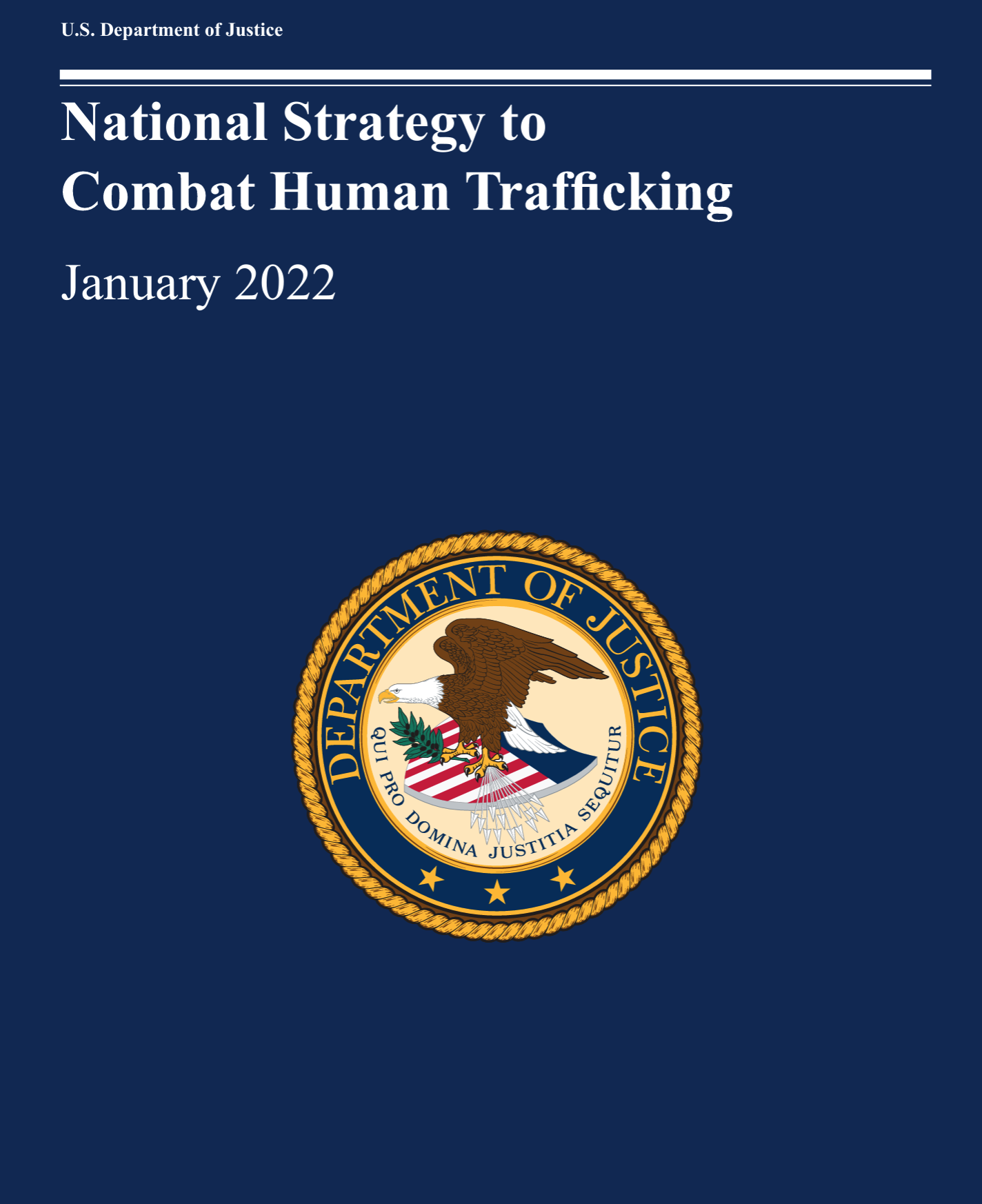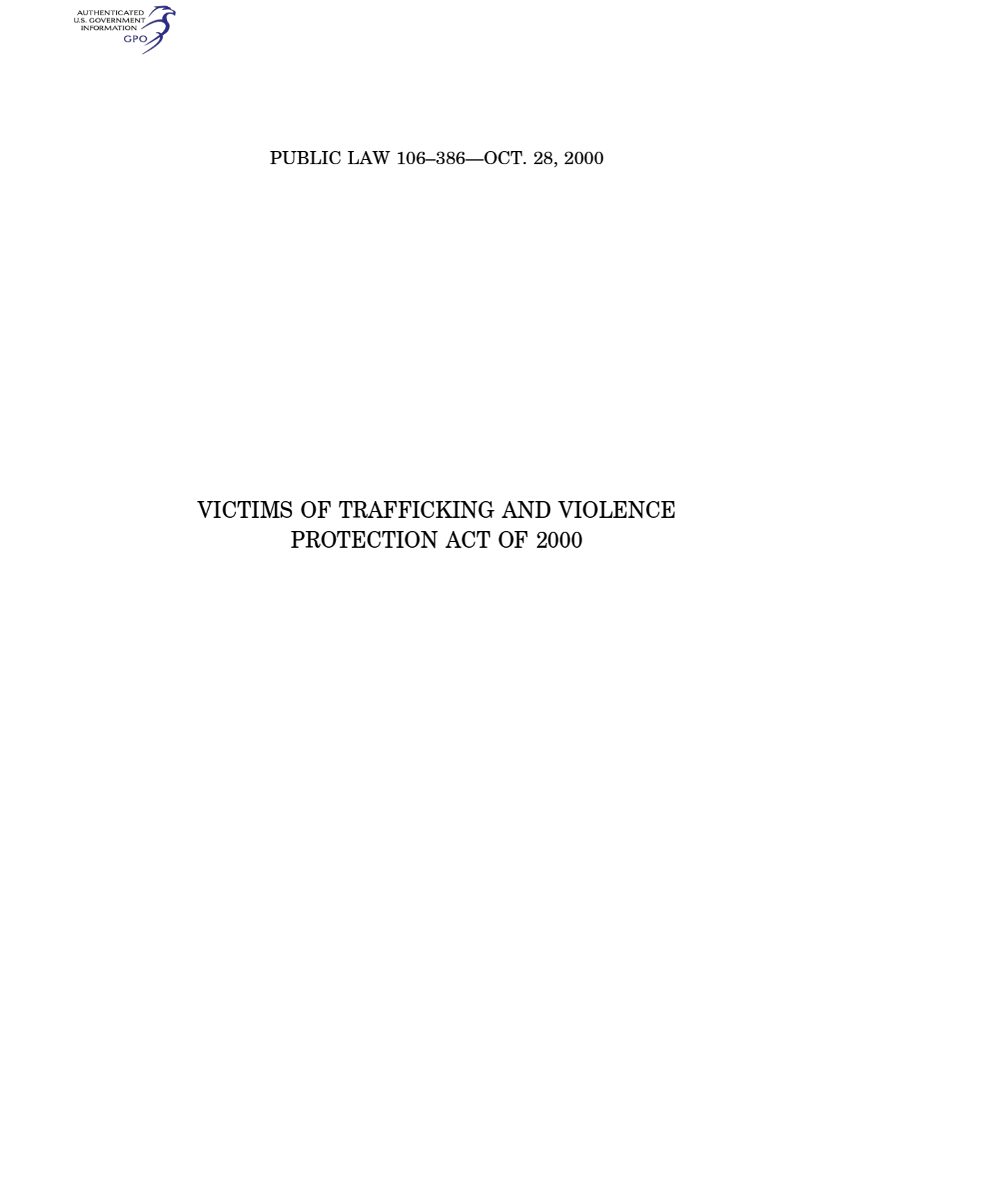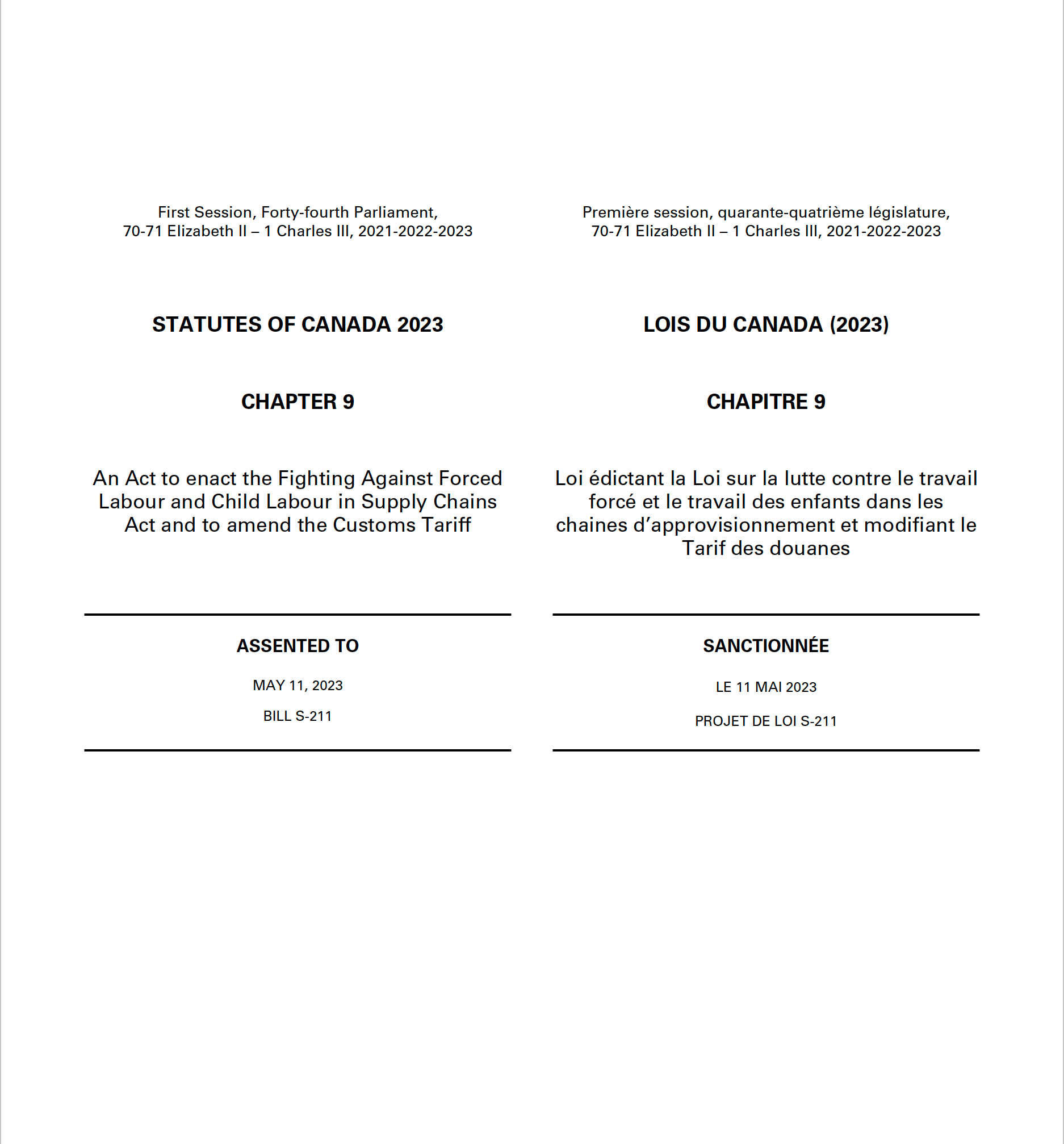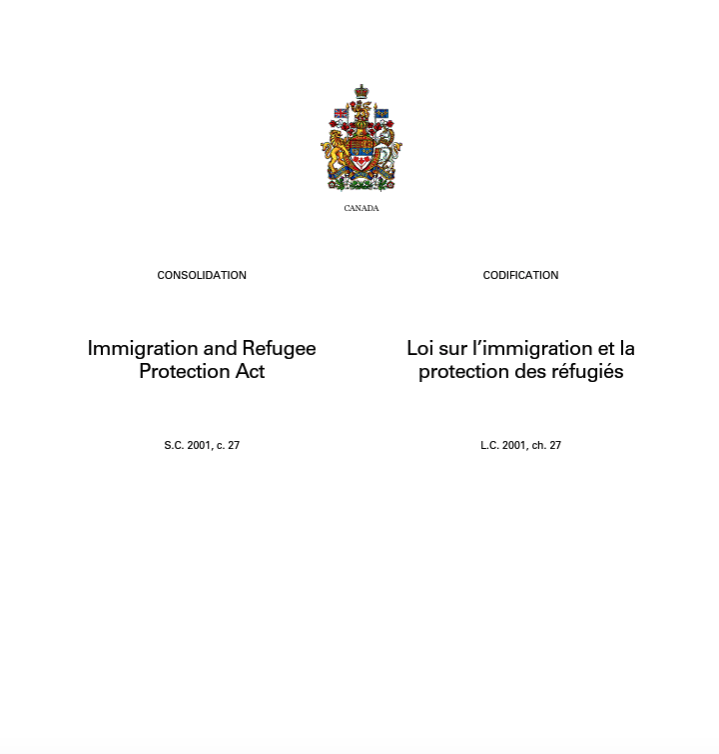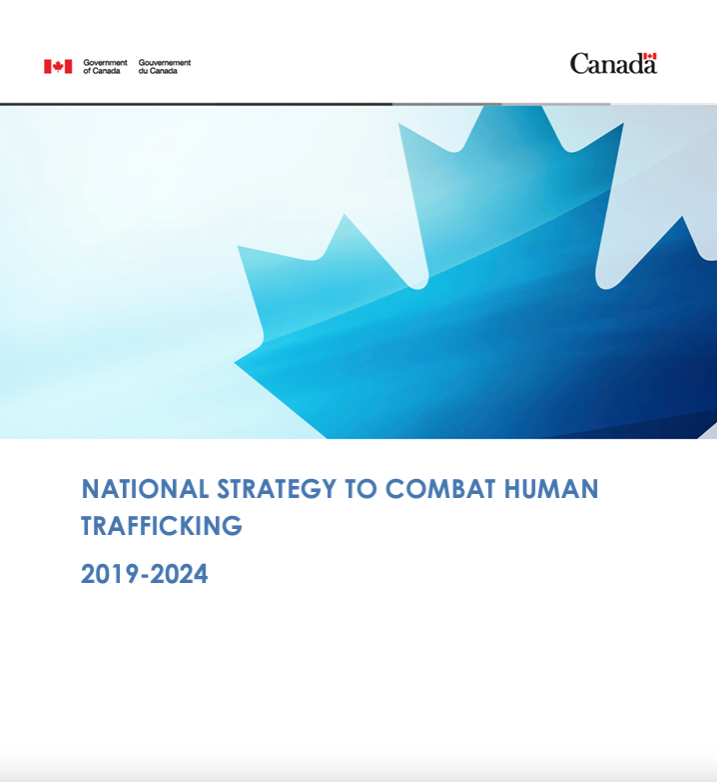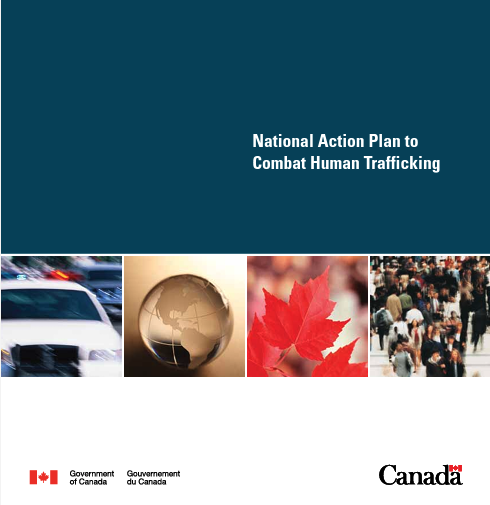Policy and Advocacy
We influence governments to create an enabling policy environment where they are accountable for ending the conditions that make people vulnerable to exploitation and ensuring justice for survivors of modern slavery.
These priorities are the epicenter of the anti-modern slavery movement.
Modern slavery results from a complex mixture of political, economic, social, and cultural conditions that increase the vulnerability of people pushed to the margins.
Issues affecting individuals and families, like poverty, unemployment, lack of access to education, barriers to health care, and impunity and corruption, often result from inadequate policies and ineffective implementation of existing policies by national governments and regional and international coalitions of nations.
These conditions that allow modern slavery to flourish are addressed by the United Nations Sustainable Development Goals (SDGs).
Government policies on human rights, labor rights, gender equality, migration and immigration, education, and access to health care and social services directly affect the situations faced by people who are vulnerable to trafficking, exploitation, and slavery. The United Nations adopted the Sustainable Development Goals to encourage nations to address a wide range of issues affecting the quality of life for millions of people worldwide. Governments that enact and implement evidence-based policies that improve the situation of people struggling to survive and improve their lives will also more effectively eliminate slavery within their borders.
Government accountability regarding the implementation of policies that reduce human trafficking and modern slavery is difficult to ensure. The primary challenge is that very few tools and mechanisms are available to hold governments accountable for breaching their promises.
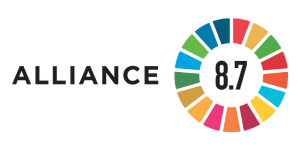
Why Alliance 8.7 is Important
By harmonizing initiatives and consolidating resources, Alliance 8.7 amplifies the efficacy of interventions and paves the way for more impactful policy formulation and implementation. As a result, it accelerates our collective progress in confronting and resolving urgent human rights crises associated with forced labor, modern slavery, and child exploitation.
Free the Slaves plays an instrumental role within this alliance. We’re one of only three civil society organizations in the Global Coordinating Group, actively leading the development and implementation of the accountability framework and leading Action Groups on Forced Labor and Survivor Engagement.
Moving forward our role is increasing as we develop training and resources to guide Pathfinder Countries through the process, ensuring that ambitious policy goals translate into concrete actions.
Alliances, Coalitions, and Partnerships
Free the Slaves is actively working through several international alliances, coalitions, and partnerships to influence policy and decision-makers to improve anti-slavery and anti-trafficking policies globally and in the United States. We aim to influence increased investment and engagement in anti-trafficking and anti-modern slavery programs by donor agencies and multilateral institutions that will deepen and broaden the scope of anti-modern slavery activities worldwide.
Global Policy and Advocacy Strategy
At the Global level:
-
-
- We work at the UN Security Council level to ensure human trafficking is part of the key agenda of the council.
- Free the Slaves partners with Alliance 8.7 to ensure the Pathfinder Country initiative reaches its goals and objectives by effectively implementing of the Accountability Framework.
-


Regional Policy and Advocacy Strategy
Examples include:
-
- At the African Union, we aim to work with interested bodies to mainstream the modern slavery agenda in policy decisions.
- At the Association of Southeast Asian Nation Free the Slaves aims to work with specific structures to mainstream a modern slavery agenda.
Region Specific Policy and Advocacy Strategies
In specific regions, we work with countries to ensure that forced labor, human trafficking, modern slavery, and child labor are part of the priorities in the national agenda and support nations to successfully fulfill their commitment to the pathfinder process.
Examples include:
-
- In Africa, ensuring more countries join the Alliance 8.7’s pathfinder community. For example, work with some interested governments in East, Central, West, and Southern Africa to promote the pathfinder initiative and support countries to join the initiative.
- In Asia, ensuring more countries join the Alliance 8.7’s pathfinder community. For example, work with some interested governments in South and Southeast Asia to promote the pathfinder initiative and support countries to join the initiative.
- In Latin America, ensuring more countries join the Alliance 8.7’s pathfinder community. For example, work with some interested governments in Central and Southern America to promote the pathfinder initiative and support countries to join the initiative.
- In the Caribbean, ensuring more countries join the Alliance 8.7’s pathfinder community. For example, work with some interested governments in Central and Southern America to promote the pathfinder initiative and support countries to join the initiative.
- In the Middle East & North Africa, we are increasing the awareness of the public in the region on the issue of modern slavery through a podcast series broadcast to the general public.
In-Country Policy and Advocacy Strategy
In-country policy and advocacy work consists of supporting the prosecution of forced labor, human trafficking, modern slavery, and child labor offenses by building the capacity of the judiciary.
Examples include:
- In Trinidad & Tobago, we aim to build the capacity of local community actors to collect evidence according to the rule of evidence in the criminal law and increase the capacity of the judiciary to increase prosecutions for the crimes of forced labor, human trafficking, child labor, and modern slavery.
- In Cote d’Ivoire, we will train local activists in evidence collection for the crimes of forced labor and child labor and increase the judiciary’s capacity to prosecute of these crimes.
- In Kuwait and Maruitania, we advocate for the social integration of marginalized communities.
In Pathfinder Countries, we support governments to fulfill their commitment to the pathfinder initiative and engage CSOs, survivors, and other key partners to support the government’s roadmaps.
- We aim to support Mauritania, Peru, DRC, and Cote d’Ivoire to implement their roadmaps and fulfill their pathfinder commitments.
United States Policy and Advocacy Strategy
In the United States, we are part of the ATEST coalition. We collectively work to influence the US government’s priorities for human trafficking and other modern slavery issues as related to the government’s overall agenda.
Click to learn more about ATEST
 Alliance to End Slavery and Trafficking
Alliance to End Slavery and Trafficking
The Alliance to End Slavery and Trafficking (ATEST) is a US-based coalition of 16 independent organizations that advocates for solutions to prevent and end all forms of human trafficking and modern slavery worldwide.
Free the Slaves participates in the ATEST coalition to collaborate with like-minded civil society organizations in eradicating modern slavery using policy and advocacy tools.
Current advocacy issues we are working on with the ATEST coalition.
- Updates to The Trafficking Victims Protection Act and Budget Allocations to Support its implementation.
- Upholding Data Transparency to Require Manifest Disclosure Data to Remain Public for US ports.
- Foreign Labor Recruiting Regulations in California.
The civil society anti-slavery movement can’t be successful working alone. We need businesses, institutions, and governments to see and acknowledge that slavery exists where they are already working and then adopt and implement policies that eliminate the conditions that contribute to modern-day slavery.
Click for PDF
United Nations – Protocol to Prevent, Suppress and Punish Trafficking in Persons Especially Women and Children, supplementing the United Nations Convention against Transnational Organized Crime Nations
Click for PDF
United Nations – Abolishing Slavery and its Contemporary Forms
Click for PDF
ILO – Anti-Trafficking Laws, Policies, and Practices
Click for PDF
Click for PDF
European Union – Directive on Preventing and Combating Trafficking in Human Beings and Protecting its Victims
Click for PDF
US Justice Department – National Action Plan to Combat Human Trafficking
Click for PDF
United States of America – National Strategy to Combat Human Trafficking
Click for PDF
United States of America – Victims of Trafficking and Violence Protection Act of 2000
Click for PDF
Bill S-211: Fighting Against Forced Labour and Child Labour in Supply Chains Act
Click for PDF
Immigration and Refugee Protection Act
Click for PDF
National Strategy To Combat Human Trafficking 2019-2024
Click for PDF
National Action Plan to Combat Human Trafficking

